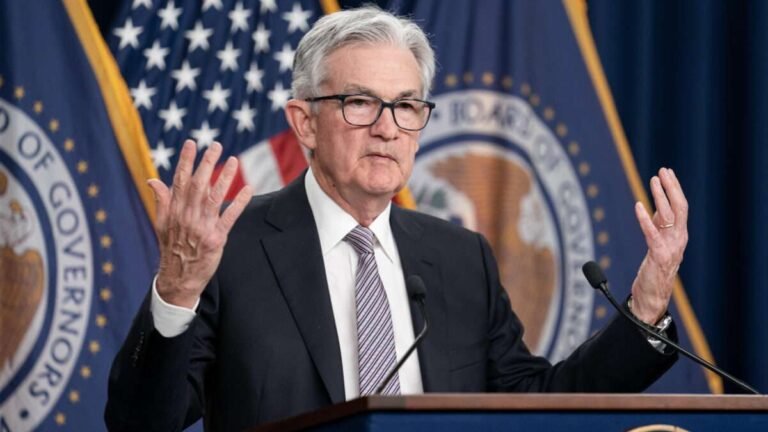
<a href="https://reason.com/2025/07/14/missouri-harasses-ai-companies-over-chatbots-dissing-glorious-leader-trump/" target="_blank">View original image source</a>.
Talk about a political AI power struggle! Missouri Attorney General Andrew Bailey is serving up a hot plate of controversy as he takes aim at major tech companies for allegedly failing to promote pro-Trump narratives through their chatbots. While ostensibly fighting “big tech censorship,” Bailey’s investigation raises eyebrows and questions about the power of AI and politics. Is he really looking out for Missourians, or is this just a stunt to make sure Trump’s name stays in lights?
Bailey’s beef stems from chatbots like ChatGPT and Microsoft Copilot ranking Trump as the least favorable recent president when it comes to antisemitism. He’s demanding answers from tech giants like Google and Meta, suggesting they’ve got a hidden agenda skewing the narrative against the former president. However, this makes you wonder: is it even the responsibility of AI companies to pander to political preferences? After all, last I checked, chatbots weren’t campaigning for office.
As this situation unfolds, we find ourselves at the crossroads of free speech and tech innovation. While many might think it’s amusing that the Missouri AG is trying to force chatbots to rework historical rankings, it raises a legitimate concern about whether we can expect neutrality from AI. What’s next? Will he ask Siri to stop reminding him of embarrassing moments in his past?
Ultimately, this isn’t just about rankings; it’s a larger conversation about how AI interacts with our political landscape. Firmly rooted in the era of misinformation and propaganda, the implications of Bailey’s actions might be more far-reaching than we realize. Are we ready for a world where tech companies need to toe the party line? Let’s chat about it!
To get daily local headlines delivered to your inbox each morning, sign up for newsletter!

















